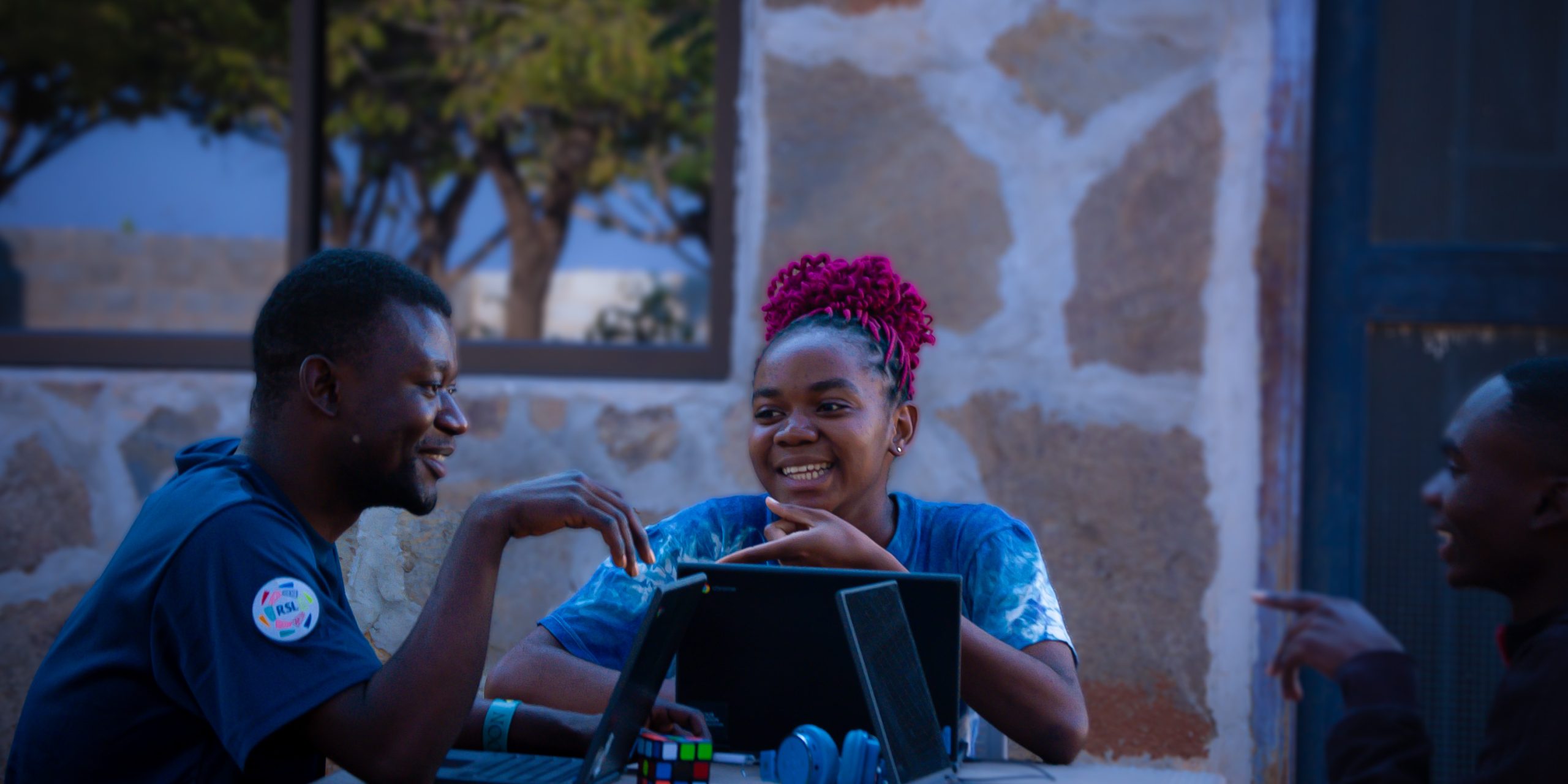In the week when the Zambian government announced they would distribute sanitary wear to all girls in government schools, Jen Moore tells us about the research she did into the taboos around periods in Zambia – and those closer to home.
In an interesting recent report, Plan UK[1] showed that some of the key issues facing menstruating women and girls in the UK do not dramatically differ from those experienced globally. Specifically, the shame and embarrassment that adolescent girls experience around their periods seems to cut across cultures and countries, severely affecting how girls from diverse backgrounds view their menstruating bodies. The secrecy that perpetuates this shame has intrigued me since I myself began menstruating and I believe that by opening up a safe space for discussion of all things menstrual, the stigma can be tackled and gendered power structures transformed.
Plan UK reported that 48% of the girls in their UK based focus groups felt embarrassed by their period, a feeling that is familiar to many women and girls in the UK. Interestingly though, when I reflect on my own experiences of menstruating, these emotions are something that I learnt. My first period was an overwhelmingly positive experience. Coming from a medical family, I knew exactly what to expect and ran excitedly to my mum when I realised what was happening. Over the next few days she instructed me on everything from what sanitary products I could use to what it meant for my fertility to ways of coping with PMS. I can’t remember feeling any hint of shame. Sure, the thought of 30 years of managing the pain and blood felt a bit overwhelming, but I didn’t feel like there was anything wrong with me.
However, things began to get more confusing as I got older. I used tampons from an early age so that I could carry on swimming, but these were treated with suspicion by many of my friends and I was teased when one of them discovered them in my bag. Boys began to say things like “Oooh you must have your period” when girls expressed justified emotions which I found extremely unfair. Negative connotations began to attach themselves to my period and rather than seeing the strength in it (in managing the pain, the blood, the emotions), my social environment taught me to feel ashamed and embarrassed.
The research I did with women in Zambia shows how the shame and stigma attached to menstruation that I experienced in the UK can be amplified through poverty and context-specific cultural beliefs, resulting in an extremely challenging and confusing environment for young women. One young Zambian woman that I spoke to explained how she didn’t know what was happening to her when she got her first period, having not been taught about it at school or receiving any guidance from the older women in her family. This understandably resulted in extremely high levels of anxiety. Unfortunately, this was not an isolated incident; all of the older women I spoke to reported not knowing what was happening when they began menstruating and often thought they were dying when unexplained blood appeared. This anxiety continued to surround these women’s experiences of menstruation as they got older. Many believed that witches could do black magic with a used sanitary product with their menstrual blood on, resulting in them being unable to conceive children. The consequent mortal fear that these women experienced when managing their periods was intense and commonly resulted in them assigning negative values to their menstrual blood and, by extension, themselves.
The dangerous value that many of the women assigned their menstrual blood was further enhanced by behavioural restrictions that they self-imposed. These included not holding new-born babies when menstruating or putting salt on their food otherwise they believed that members of the household would get a bad cough or even tuberculosis. Behavioural restrictions, although originally perhaps the result of hygiene concerns, perpetuate the idea that there is something inherently wrong with menstruating women.
In my opinion, the stigma attached to menstruation and the behavioural restrictions that women all over the world observe are a manifestation of harmful gendered-power dynamics that are preventing women from reaching their potential. Focusing on supporting women and girls by dismantling stigma around this key time provides a unique opportunity to begin to change harmful attitudes from the bottom-up.
There is a pressing need to fully understand the incredibly complex social dynamics around menstruation. A great place to start is reflecting on your own experiences of, or views on, menstruation and how it has impacted your life or those around you. Only then can we create a menstruation friendly world where no woman or girl is held back by her period.
[1] https://plan-uk.org/file/plan-uk-break-the-barriers-report-032018pdf/download?token=Fs-HYP3v


